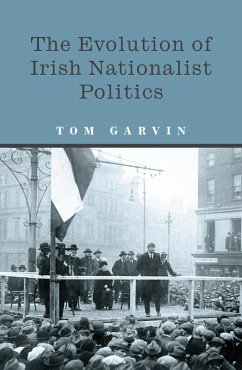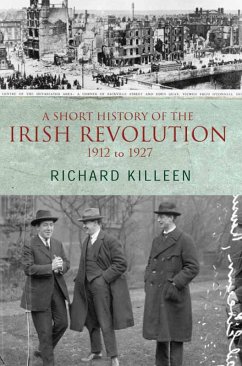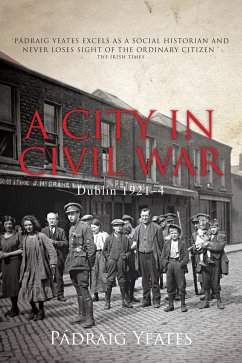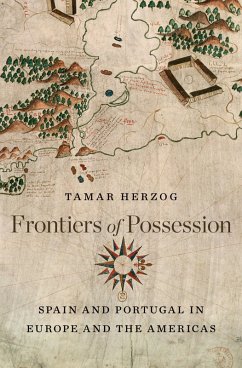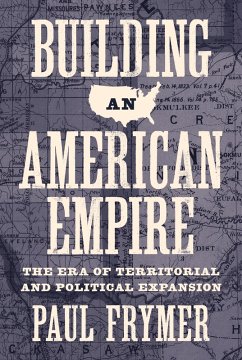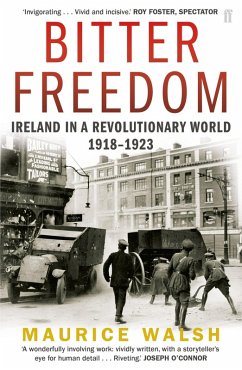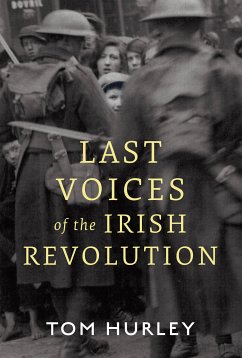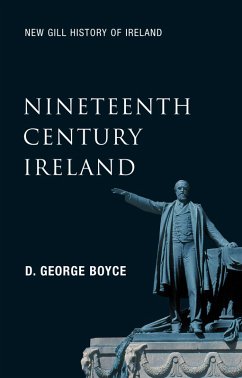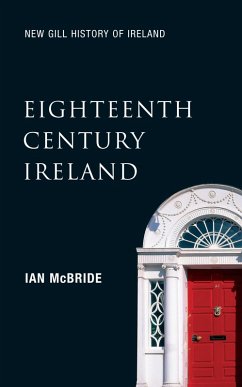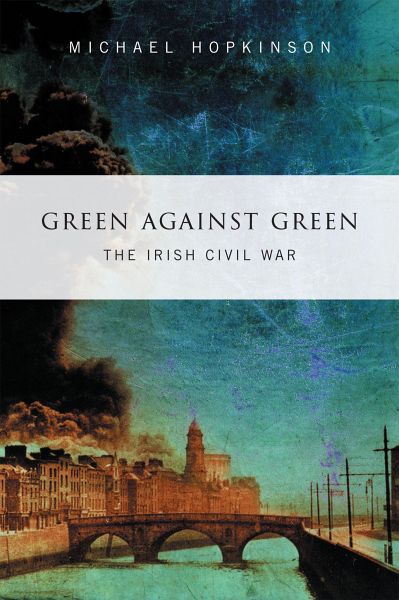
Green Against Green - The Irish Civil War (eBook, ePUB)
A History of the Irish Civil War, 1922-1923

PAYBACK Punkte
0 °P sammeln!
Michael Hopkinson's Green Against Green is the definitive study of the Irish civil war, putting in perspective a bitter and passionate conflict, the legacy of which still divides Irish society today. Widely praised and frequently cited as the most authoritative work on the subject, it continues to hold its place as one of the finest works on modern Irish history. Unlike the Easter Rising and the War of Independence, the Irish Civil War has been largely overlooked by historians, put off by the messy divisions between former War of Independence allies and its continued importance in modern Irish...
Michael Hopkinson's Green Against Green is the definitive study of the Irish civil war, putting in perspective a bitter and passionate conflict, the legacy of which still divides Irish society today. Widely praised and frequently cited as the most authoritative work on the subject, it continues to hold its place as one of the finest works on modern Irish history. Unlike the Easter Rising and the War of Independence, the Irish Civil War has been largely overlooked by historians, put off by the messy divisions between former War of Independence allies and its continued importance in modern Irish society: even now, the rival parties in the conflict form the basis for two of the largest political parties in Ireland. In Green Against Green, Michael Hopkinson addresses this gap in Irish historical writing, looking closely at the reasons for the outbreak of civil war, the major figures who directed it, how it was fought and its impact across Ireland. This major achievement of historical scholarship traces the history and course of the war from 1912 to its conclusion, starting with a sketch of the background to the divisions which surfaced during the war and continuing through to the functioning of the post-civil war Irish State. This groundbreaking work, 'a dispassionate account of the most passionate times' (Irish Times), captures the confused loyalties and localised, often personal, violence that characterised one of the most critical, and least studied, formative events in modern Irish history. Green Against Green: Table of Contents Preface PART I. 1912-1921 - The Background to the Treaty Divisions, 1912-1918 - The Anglo-Irish War, January 1919-July 1921, and the Truce Period - The Treaty Negotiations - The Treaty Split - The Irish Question in the United States PART II. FROM THE TREATY TO THE ATTACK ON THE FOUR COURTS - The Political and Constitutional Background in Early 1922 - The Military Split - De Valera and the Military and Political Developments - Military Developments after the Army Convention - The North, from Treaty to Attack on the Four Courts - Social and Governmental Problems - The Search for Unity - The Constitution - The June Election and the Assassination of Sir Henry Wilson PART III. THE OPENING OF THE WAR - The Attack on the Four Courts - Dublin Fighting PART IV. THE EARLY CIVIL WAR - The Military and Political Background to the Fighting - The War in the Localities: July-August 1922 - The Opening of the Guerrilla Phase of the War - The Death of Collins - The Establishment of the Third Dáil - Peace Initiatives - The Formation of the Republican Government - The First Executions - The British Government and the Early Civil War - The Southern Unionists and the Civil War - The Civil War and the Railways - The War in the Localities: September 1922-January 1923 PART V. THE WAR'S END - The Free State-Government and Army: January-April 1923 - The Republicans and the Civil War: January-April 1923 - The War in the Localities: January-April 1923 - The North and the Civil War - Exile Nationalism: The United States and Britain in the Civil War - The Ceasefire PART VI. THE POST-WAR PERIOD - The Republicans - The Post-War Free State Government and Army - The Republican Hunger-Strike, October-November 1923 Conclusion
Dieser Download kann aus rechtlichen Gründen nur mit Rechnungsadresse in A, B, BG, CY, CZ, D, DK, EW, E, FIN, F, GR, H, IRL, I, LT, L, LR, M, NL, PL, P, R, S, SLO, SK ausgeliefert werden.




